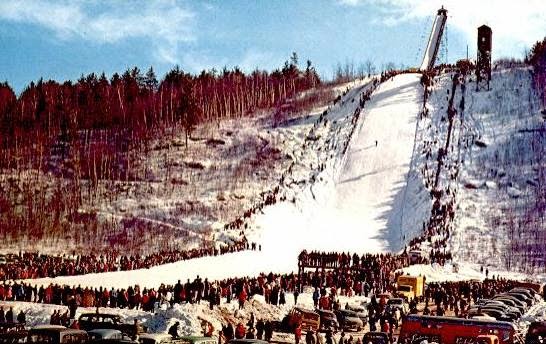CHRIST
IN WINTER: Reflections on Faith from a Place of Winter for the Years of Winter…
©
A woman was driving along in the West when she saw a
Navajo woman standing by the road. She stopped and offered her a ride. In the
car, she saw her rider eyeing the big bottle of whiskey in the back seat. “I
got that for my husband,” she said. The Navajo woman nodded wisely. “Good
trade,” she said.
When emergency surgery at midnight on my 53rd
birthday revealed colon cancer, and the pale oncologist told me I’d be dead in
a year or two, I began to think about my funeral.
It would be grand, for death at 54, or hopefully 55, at
the height of one’s career, is tragic. The church would be packed. All my
friends would eulogize me. Some would cry. At the end of the service, all my
ministry colleagues would gather around my coffin and sing Amazing Grace,
although before death I would have crawled into the church and replaced the
music in their folders with Please Don’t Talk About Me When I’m Gone, and
everyone would laugh and say, “Isn’t that just like him?”
I have lived too long now for that to happen, and I live
too far away. Many of my friends have already transferred from the church
militant to the church triumphant. Those left are not very good singers, or
travelers. There will be no singing at my funeral, for there will be only eight
people there, and one of them will be paid to come. The paid one will eulogize
me, but she will have known me but two years, in my dotage, and will only be
able to say that for a curmudgeon, I was a relatively nice old man.
I have lived well beyond the “one or two.” There have been
a lot of problems in those years. My parents have died. So has my little sister.
Our grandson died three times before he was two. His slightly older sister was
traumatized by that, as were we all. My wife got cancer. So did our older
daughter. The surgical altering of my colon into a semi-colon means that I have
to be up in the morning for four hours before I can leave the house. That schedule
has limited my life in many ways for 24 years.
In that time I have walked my daughters down the aisle. I
got to care for our granddaughter in her time of trauma and see her grow into a
beautiful and brilliant young woman. I got to care for my parents in their long
declining years. I have ministered to many other cancer patients through a book
I wrote and in conferences and personally. I went through their cancers and
recoveries with my wife and daughter, and saw our grandson cured to become a
handsome and multi-talented and appropriate young man. [1]
Old age brings a lot of pains and problems. And
loneliness. When I die, there will be no one left who remembers the parsonage
in Stanford or Crossroads Church or Uncle Rufus. My funeral will not be grand.
In fact, it will be sort of pathetic. As the Navajo woman would say, “Good
Trade.”
John
Robert McFarland
1] Until recently, I had never heard “appropriate” used
to describe someone. After a band concert, in which Joe was a clarinetist
closest to the audience, a woman said to me, “He is such an appropriate young
man. His looks and actions are always appropriate to the occasion.”
The
“place of winter” mentioned in the title line is Iron Mountain, in Michigan’s
Upper Peninsula, where people are Yoopers [UPers] and life is defined by winter
even in the summer! [This phrase is explained in the post for March 20, 2014.]
You
don’t have to bookmark or favorite the CIW URL to return here. Just Google
Christ In Winter and it will show up at the top of the page.
I
tweet, occasionally, as yooper1721
